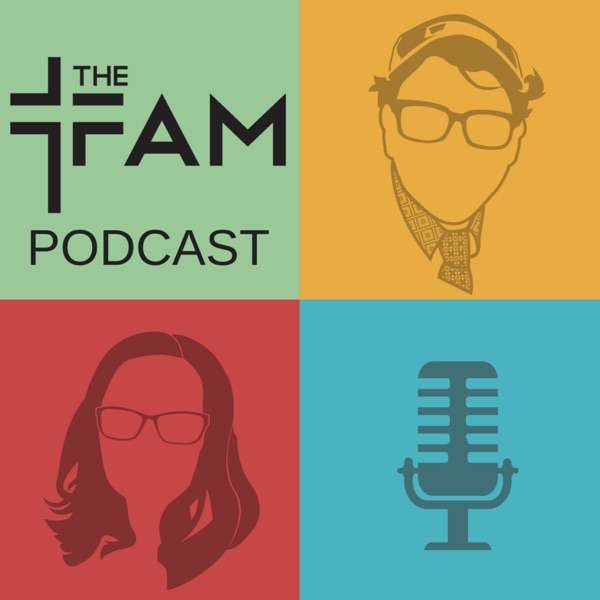In this episode of the Magic Minds podcast, we sit down with legendary entrepreneur and investor Spencer Rascoff for an unfiltered conversation on startups, leadership, and scaling through adversity. From growing up on tour with the Rolling Stones to co-founding Hotwire and Zillow, Spencer shares powerful stories from a career defined by bold pivots, world-class execution, and servant leadership. We explore what makes a great founder, why charisma and storytelling often outweigh raw technical skill, and how he’s seen passion and resilience make or break companies. Spencer also gets candid about leading through crises—including 9/11 as a young founder—and how those moments shaped his leadership style. We even dive into the underrated role of kindness in business, why sales is the hidden superpower of top CEOs, and what it takes to attract and align great talent. Whether you're a first-time founder or a seasoned operator, this is a masterclass in building, surviving, and thriving in tech. Don’t miss it.
#GreatFounders #StartupLeadership #SpencerRascoff #ZillowFounder #EntrepreneurPodcast #StartupAdvice #ScalingStartups #ServantLeadership #FounderStories #TechLeadership #SalesForCEOs #StartupResilience #HowToBuildStartups #FounderCharisma #KindnessInBusiness #CrisisLeadership #StorytellingInBusiness #HotwireCoFounder #MagicMindsPodcast #BuildingTechCompanies
Chapters
00:00 Welcome & Introduction to Spencer Raskoff
01:00 Spencer’s Childhood & His Father’s Music Industry Legacy
02:28 Reinventing the Concert Touring Business Model
04:43 Spencer’s Entrepreneurial Path & Career Highlights
06:10 Why Spencer Didn’t Enter the Music Business
07:11 Spencer as a Young Founder vs. Now
09:35 The Underrated Power of Sales in Startups
12:00 Example: Picasso & the Role of Sales in Startup Success
14:16 The Ideal Founding Team: Product, Engineering, Sales
16:30 Founder Passion & Finding the Right Fit
18:53 The Importance of Fundraising Ability in Founders
21:16 How Great Founders Tell Their Story & “Read the Room”
23:36 Spencer’s Leadership Style & Servant Leadership Origins
25:57 The Defining Moment: Hotwire & 9/11
28:19 Pivoting, Survival, and Lessons from the Crisis
30:41 How Spencer Teaches Crisis Leadership at Harvard
33:03 Reconnecting to Mission After Layoffs
35:22 The Myth of the Harsh Founder & Power of Kindness
37:47 Role Models in Kind Leadership & Influence of Family
40:14 Spencer’s Wife & Modeling Empathetic Professionalism
42:39 Coachability & Active Listening in Investor Pitches
44:39 Q&A – Why Co-founder Relationships Fail
47:05 Q&A – Operator vs. Founder: Spencer’s Career Choices
48:30 Q&A – Can Sales Skills Be Learned?
49:27 Q&A – Improving Human Connection in Dating Apps
51:50 Q&A – Prioritizing User Outcomes at Match Group
53:59 Q&A – Managing Mental Health & Workload
56:22 Q&A – One Pattern Among Successful Founders
Spencer Rascoff's Social Media Accounts:
https://www.linkedin.com/in/spencerrascoff
https://x.com/spencerrascoff
https://www.instagram.com/spencerrascoff

 Our TOPPODCAST Picks
Our TOPPODCAST Picks  Stay Connected
Stay Connected







